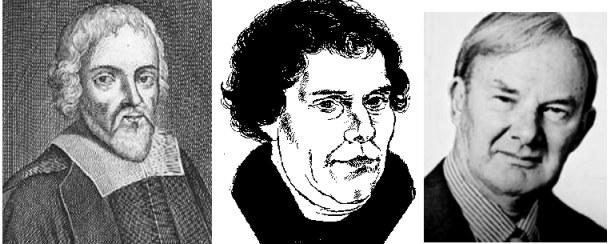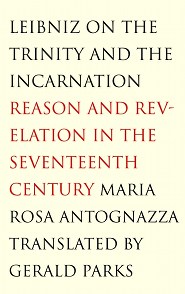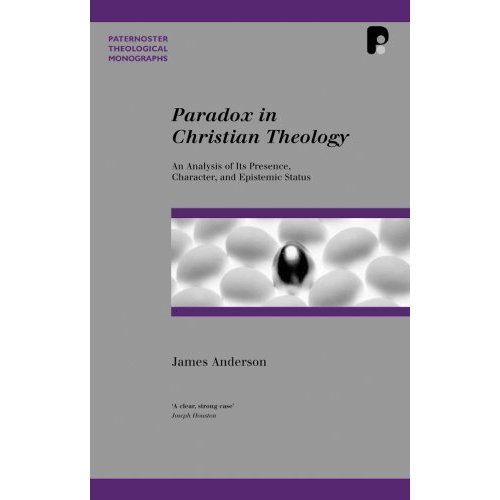Jesus and “god” – part 6 – Jesus as “god” in the New Testament
Is Jesus addressed or described as “god” or “God” (Greek: theos) in the New Testament? Yes. But quite a bit less often than you might think. Theologian Murray Harris wrote a whole book about this, pictured here. I don’t endorse this as a particularly good book – Harris, like many a theologian, mixes linguistic sophistication and wide theological erudition with philosophical unclarity, argumentative ineptitude, and… Read More »Jesus and “god” – part 6 – Jesus as “god” in the New Testament

















